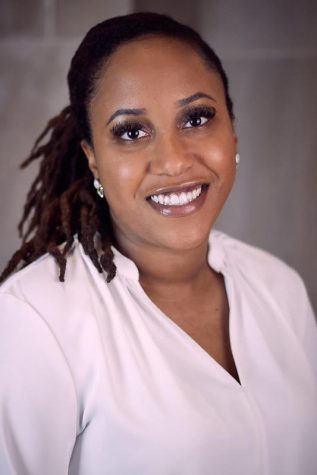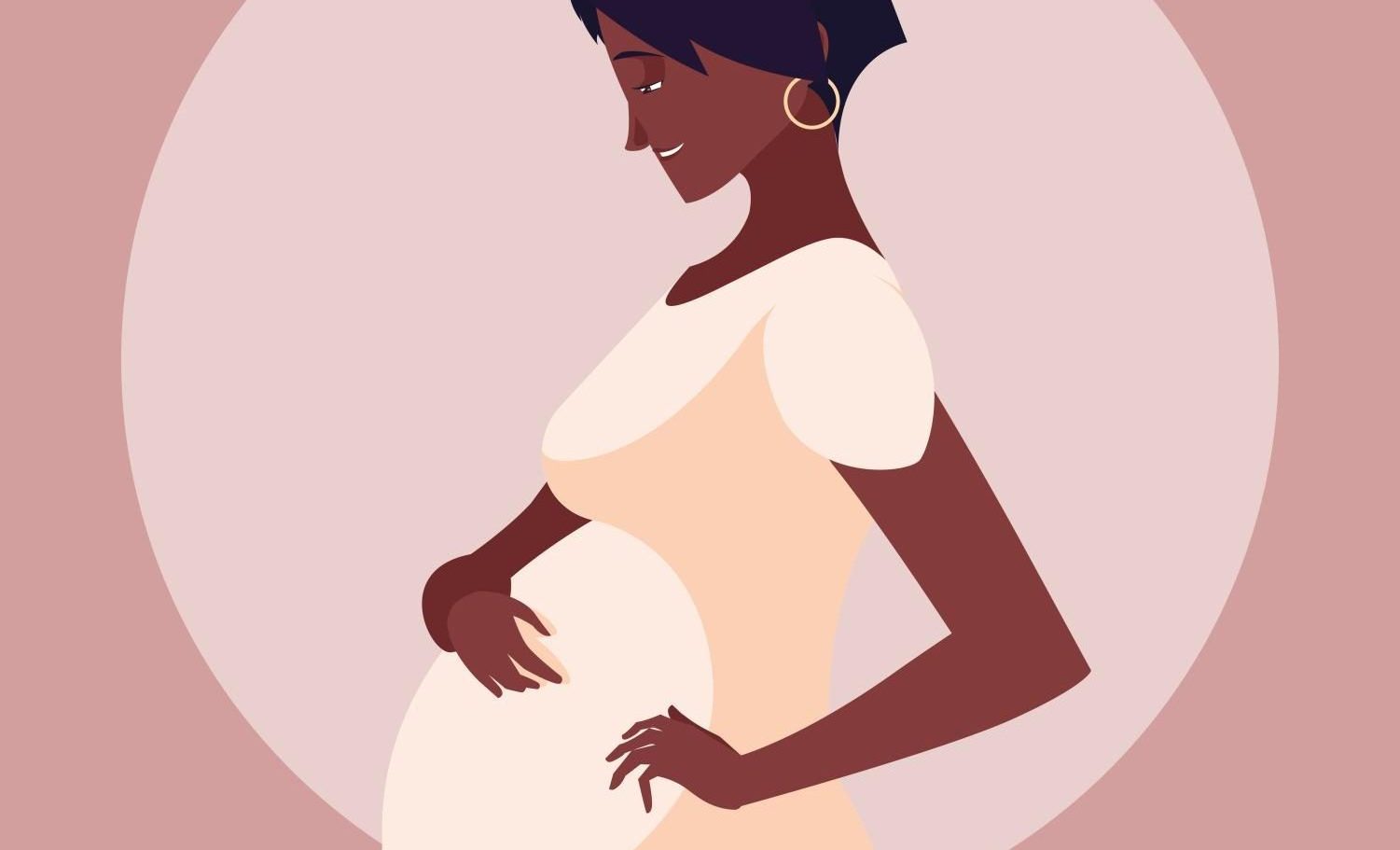Your donation will support the student journalists of Saint Louis University. Your contribution will help us cover our annual website hosting costs.
The Persistent Disparities in Black Maternal Health and the Role of Doulas in Advocacy and Support
May 5, 2023
The United States experiences the highest rates of maternal mortality and illness among developed nations, disproportionately impacting Black women and birthing people. Missouri is no exception, with racial disparities in healthcare posing an active threat to Black women’s health. A multiyear report found that Black women in Missouri were three times more likely to die within a year of pregnancy in comparison to their white counterparts.
Despite these alarming and recurring statistics, Black women in Missouri continue to bear the burden of poor maternal health outcomes within the state.

Ibura DeHaan, a certified St. Louis doula, explains the role of systemic racism in perpetrating these disparities.
“The fundamental cause of the problem is systemic racism and we know that because at all levels of education and income, we see the same disparity with Black women,” DeHaan said.
The National Institute for Children’s Health Quality reports that racial disparities in healthcare persist due to the history of racism that began with the enslavement of African people. The same racism continues to affect health practices and policies today.
Although there are countless stories of Black women reporting health concerns that are not taken seriously, the issue of Black maternal mortality remains largely unaddressed.
The multiyear report found that the underlying cause of death during pregnancy stemmed from the poor mental health of the pregnant person. DeHaan posits that society pushes Black women to be strong and deems them as the group to not worry about; as a result, issues surrounding Black women’s health are continuously pushed to the back burner.
DeHaan explains that for Black women, the pregnancy journey can be traumatic as they often have to navigate medical spaces that are predominantly white and frequently have to defend their health. In these materno-toxic zones, or places that are deemed unsafe to be pregnant or a parent, Black birthing people receive less support and have limited agency during pregnancy.
The necessity for a space designated to the specific needs of Black birthing people has led to a rise in the use of doula services. Doulas serve as a form of physical, emotional and informational support for the birthing people. DeHaan explains that doulas typically aim to empower their clients to speak for themselves and if the provider is not listening, the doulas can step in and help.
“In the actual birth, it is to be the keeper of the birth space,” DeHaan said. “If in the birth plan, it said to have dim lighting or they prefer this kind of monitoring, that’s what we make sure happens.”
The process of becoming a certified doula differs by individual and organization. DeHaan recalls her journey of certification with Jamaa Birth Village, a local, Black-owned organization dedicated to promoting maternal health through advocacy and support.
DeHaan’s passion for Black maternal health was sparked in 2017 during her undergraduate studies at Washington University in St. Louis after taking a course on healthcare inequalities in the United States. Her own birth story coupled with researching doulas inspired DeHaan to pursue this career path by becoming a certified doula through Jamaa Birth Village.
“My mother had two miscarriages prior to me and I was my parent’s miracle child,” DeHaan said. “I grew up hearing over and over how my mother had to advocate for herself. The doctors said she wouldn’t have this baby and it was a source of pride for her that she did.”
Inspired to join the fight for maternal health justice, DeHaan connected with Jamaa Birth Village in 2021. She completed three full days of training on the full spectrum of birth, which included preconception health, pregnancy, comfort measures to aid women during pregnancy, labor and delivery services as well as postpartum care.
After passing an exam demonstrating a comprehensive understanding of these services, DeHaan became a certified doula in 2021.
For DeHaan, becoming a doula has been rewarding in many ways. Along with providing physical and emotional support to the birthing person, doulas also support the partners of the birthing person. Part of the joy for DeHaan in her practice is seeing the partners of the birthing person actively engaged and using exercises on their partners that she suggests.
DeHaan also explains how being a birth worker has allowed her to connect with her ancestral roots.
“The birth worker brings back some sort of ancestral things that we had before it was taken away by colonialization,” DeHaan said. “You know like every culture, I’m sure had that person in their family who experienced birth and was working with the birthing person to help them through it and it was not such an individualized experience and medicalized as it is today.”
Along with providing doula services, DeHaan is a published author. Her poetry book “Wildflower” is about her grieving process in the years following her mother’s passing and her own journey into Black womanhood. DeHaan’s poem “Weathering, You Will Not Kill Me Too” discusses the experience of living in a racialized society which can cause continuous stress and leave lasting biological impacts on the body. She mentions feeling that her mother went too soon and that this grief-driven biological weathering combined with her family history was a contributing factor to her death. For DeHaan, the poem is a call to Black women to reclaim rest and their own bodies.
“That is what I want for the birthing people I serve,” DeHaan said. “That is what I want for the Black women in my life: to really reclaim rest and care for themselves because this society is going to try us.”

Jasmine • May 7, 2023 at 5:27 pm
Wow, this was a very interesting article. Being a black woman myself, I have never even heard of dualas. This article just proves how much black pain and black pregnancies are overlooked in the medical sense. Now, after reading this article, I know of another route that helps black women’s voices be heard in medical scenes.